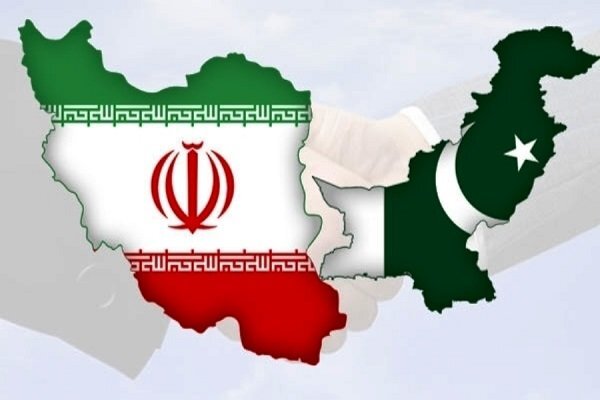
by Shah Khalid 31 October 2023
Pakistan and Iran, both pivotal players in the complex geopolitical landscape of the Middle East and South Asia, have experienced their share of tensions over the years. However, recent developments have provided a glimmer of hope for improved relations between these two neighboring nations. This article delves into the evolving dynamics of Pakistan-Iran relations, highlighting the significance of their cooperation in the context of geo-economics and regional stability.
Geo-economic Opportunities
In January 2022, Pakistan unveiled its National Security Policy (NSP), centered on a citizen-centric approach and a shift towards geo-economics. Iran, Pakistan’s southwestern neighbor, boasts substantial natural resources, ranking second in global natural gas reserves and third in oil reserves. Recognizing the potential benefits, both nations signed an agreement in 2010 for the Pakistan-Iran gas pipeline. This project would provide Pakistan with 750 million cubic feet of natural gas daily, a critical resource for industrialization.
However, challenges arose as Pakistan grappled with issues related to conducting transactions with Iranian banks under American economic sanctions and its presence on the grey list of the Financial Action Task Force (FATF). Nevertheless, these hurdles have not deterred Pakistan’s commitment to the project.
Clarifying Misleading Reports
Recent media reports, lacking context and understanding, erroneously suggested that Pakistan had abandoned the gas pipeline project. These claims were swiftly debunked by former Pakistani Petroleum Minister, Dr. Mussadik Malik, who clarified that the project was progressing as planned. Pakistan’s energy security remains a top priority, and discussions with the Iranian government continue to resolve legal and banking challenges.
Iranian Ambassador to Pakistan, Reza Amiri Mughaddam, emphasized the importance of robust economic ties, offering Iran’s assistance in meeting Pakistan’s energy needs beyond the gas pipeline project. Furthermore, Pakistan imports 100 Megawatts of electricity from Iran, demonstrating the existing cooperation in the energy sector.
Expanding Economic Horizons
Trade potential between Pakistan and Iran is substantial, with a 562-mile-long border that, despite its porous nature, presents opportunities for increased economic activity. Both countries have recognized the need for formal intelligence-sharing mechanisms and border patrol agreements to address security concerns in the border region effectively.
In recent meetings between Pakistani and Iranian military officials, agreements on timely and efficient intelligence sharing were reached. Moreover, both nations have acknowledged the importance of geo-economic cooperation to enhance regional integration and connectivity.
The Road Ahead
The recent Saudi-Iran normalization has had a positive ripple effect on Pakistan-Iran relations. Encouraging signs include the revival of the Pakistan-Iran gas pipeline project and the inauguration of new border marketplaces. These developments are vital steps towards bolstering legal economic activities between the two countries.
Iran has also expressed interest in joining the China-Pakistan Economic Corridor (CPEC) and connecting Gwadar port with Iran’s Chabahar port, just 112 miles away from Gwadar. This initiative could serve as a pivotal trade route, linking Central Asian states via Iran and further solidifying the economic interdependence of South Asia, Central Asia, and Eurasia.
Conclusion
Pakistan and Iran find themselves at a crucial juncture where cooperation in the realm of geo-economics holds immense promise. Both nations possess the potential to significantly enhance economic ties, improve regional stability, and collectively address shared challenges. As they navigate the path to stronger relations, the prospects for prosperity and integration in the broader region look increasingly promising.
